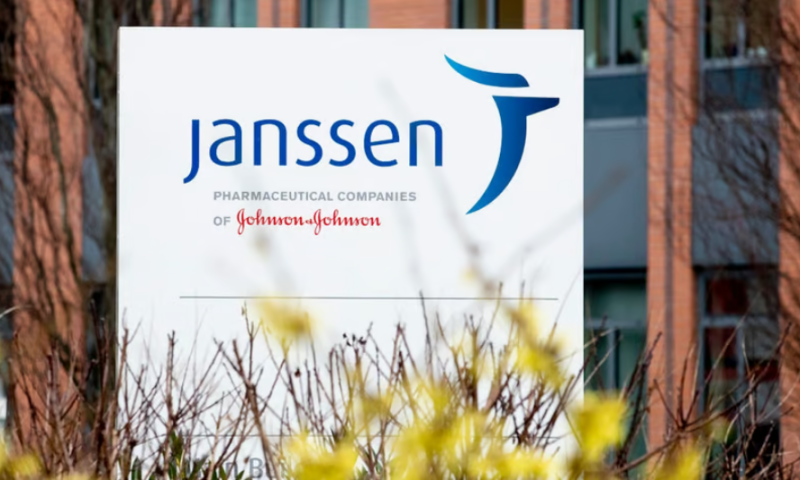Johnson & Johnson is exiting a late-stage respiratory syncytial virus program amid a large-scale overhaul of its infectious disease unit.
The healthcare giant’s pharmaceutical unit Janssen announced the end of work on the adult RSV vaccine program and the discontinuation of a pivotal phase 3 trial in a Wednesday release. The company will halt the phase 3 Evergreen study, which planned to enroll more than 27,000 and for which recruitment has been ongoing. Janssen says that moving forward, it will “focus on medicines with the greatest potential benefit to patients.”
The decision was made following an “assessment of the [RSV] vaccine landscape,” Janssen said. As the company was advancing into phase 3, peers GSK and Pfizer already have their candidates before the FDA with decision dates looming.
The news is the latest shoe to drop in what’s been a monthslong overhaul of Janssen’s infectious disease and vaccine units, which has led to the axing of programs and layoffs across the globe. But the news isn’t wholly surprising. In video from a town hall meeting with staff in early February that was obtained by Fierce Biotech, the company reported that its RSV vaccine efforts were “on hold pending further assessment and next steps.” Executives said at the meeting that a decision had not yet been made as to the vaccine’s future, but it remained in the “ongoing” category with respect to development efforts.
Penny Heaton, M.D., who’s now leading the merged infectious disease and vaccine units, said at the meeting that Janssen was still “assessing feedback from FDA and continuing to work on the filing for the RSV vaccine.”
Janssen also detailed plans to ax high-profile vaccines in HIV and COVID-19 during the town hall. Both were listed as on the chopping block, along with a vaccine for RSV-2, which was designed to cover both RSV-A and B.
While Janssen walks away, Moderna, Pfizer and GSK are all advancing adult RSV vaccines of their own. GSK is in the lead, with an FDA decision expected by early May. Advisors to the agency recently supported both the efficacy and safety of the British pharma’s shot, expressing more confidence in the data compared to Pfizer’s candidate.

